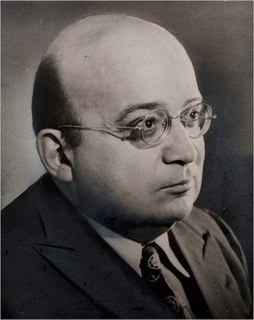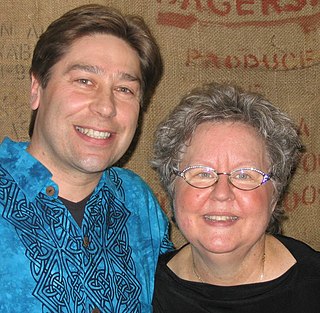A Quote by Henry Fielding
Related Quotes
The invention of writing will produce forgetfulness in the minds of those who learn to use it, because they will not practice their memory. Their trust in writing, produced by external characters which are no part of themselves, will discourage the use of their own memory within them. You have invented an elixir not of memory, but of reminding; and you offer your pupils the appearance of wisdom, not true wisdom.
It is no use thinking that writing of poems - the actual writing - can accommodate itself to a social setting, even the most sympathetic social setting of a workshop composed of friends. It cannot. The work improves there and often the will to work gets valuable nourishment and ideas. But, for good reasons, the poem requires of the writer not society or instruction, but a patch of profound and unbroken solitude.
We're all just a bundle of habits shaped by our memories. And to the extent that we control our lives, we do so by gradually altering those habits, which is to say the networks of our memory. No lasting joke, or invention, or insight, or work of art was ever produced by an external memory. Not yet, at least.
In the camp, this meant committing my verse-many thousands of lines-to memory. To help me with this I improvised decimal counting beads and, in transit prisons, broke up matchsticks and used the fragments as tallies. As I approached the end of my sentences I grew more confident of my powers of memory, and began writing down and memorizing prose-dialogue at first, but then, bit by bit, whole densely written passages. My memory found room for them! It worked. But more and more of my time-in the end as much as one week every month-went into the regular repetition of all I had memorized.






































